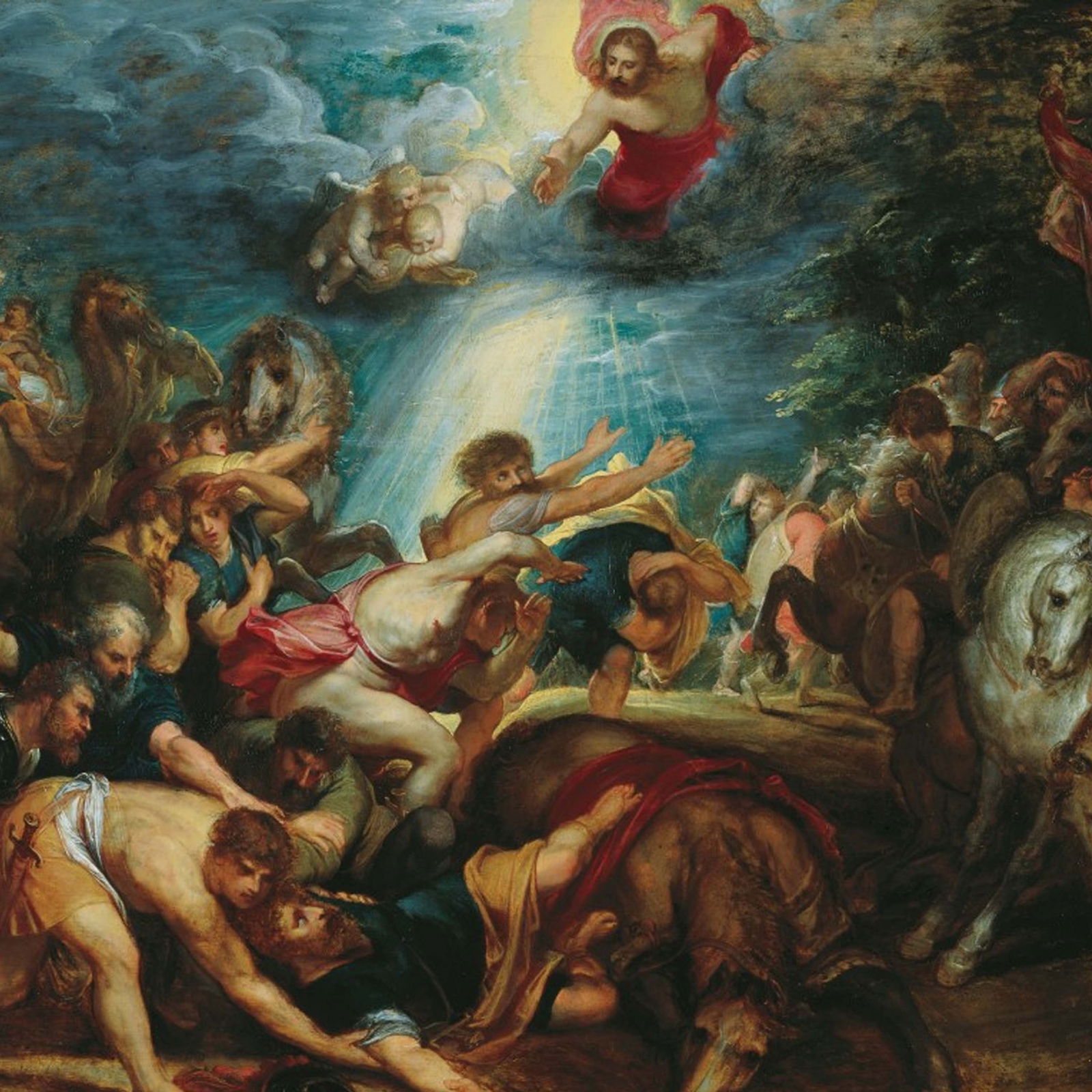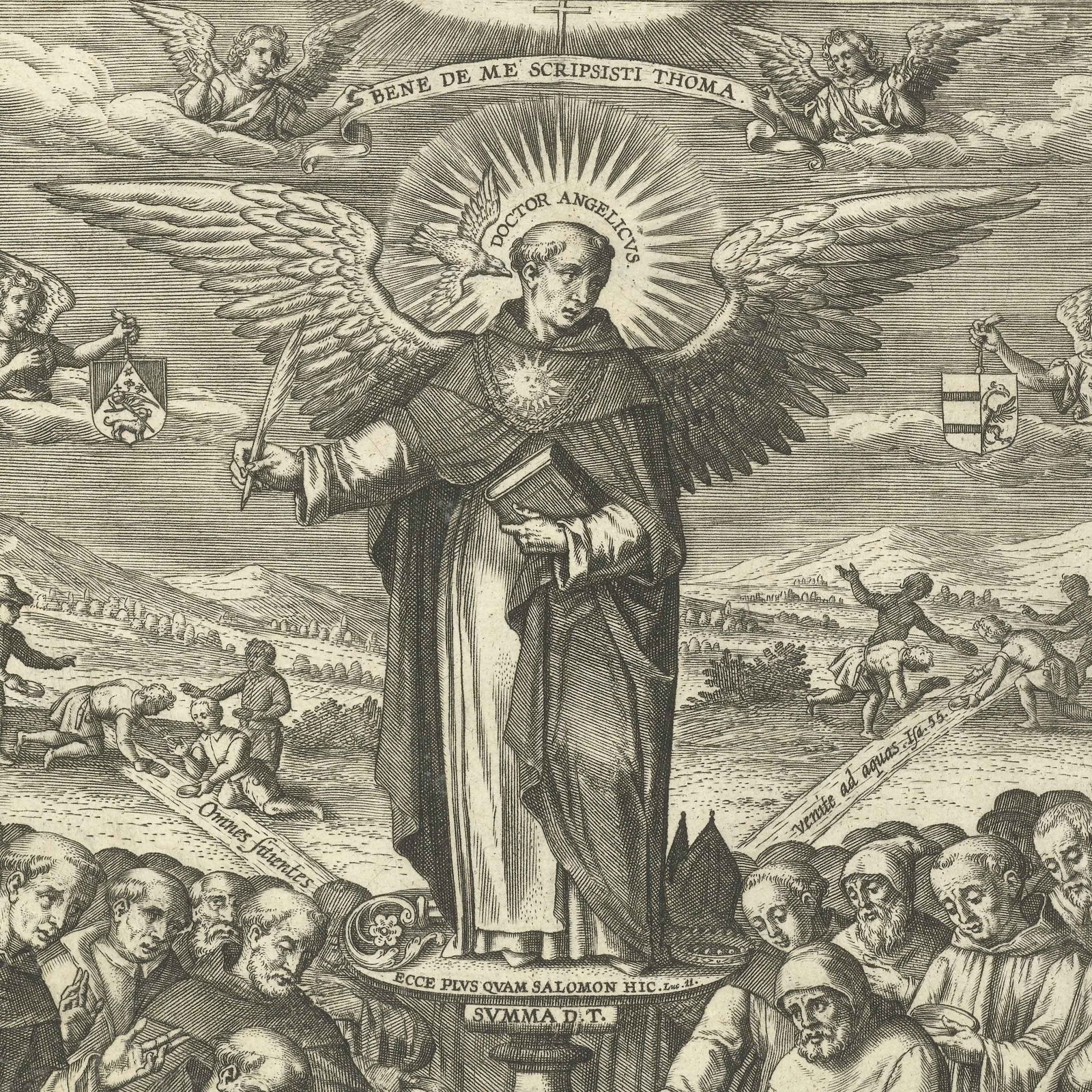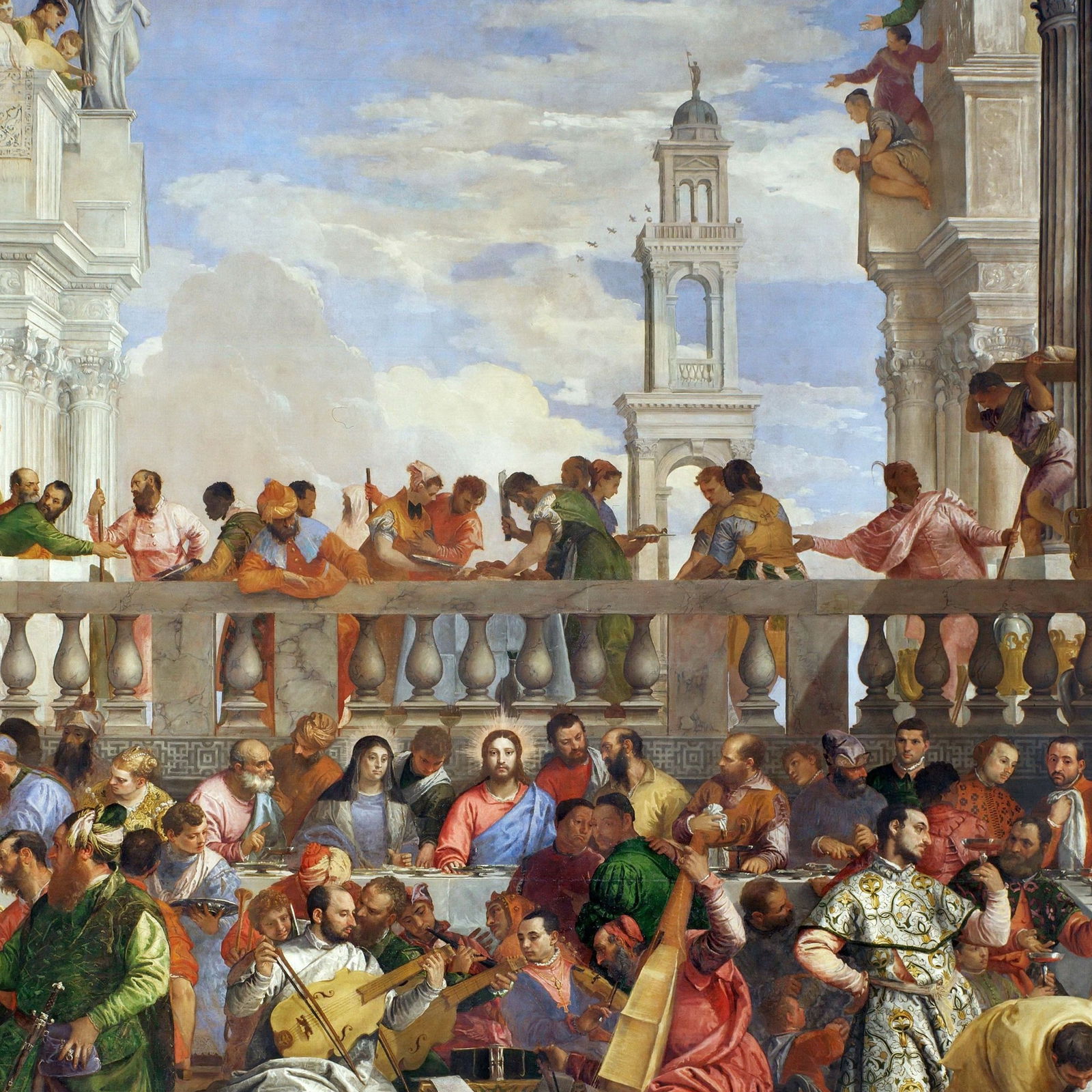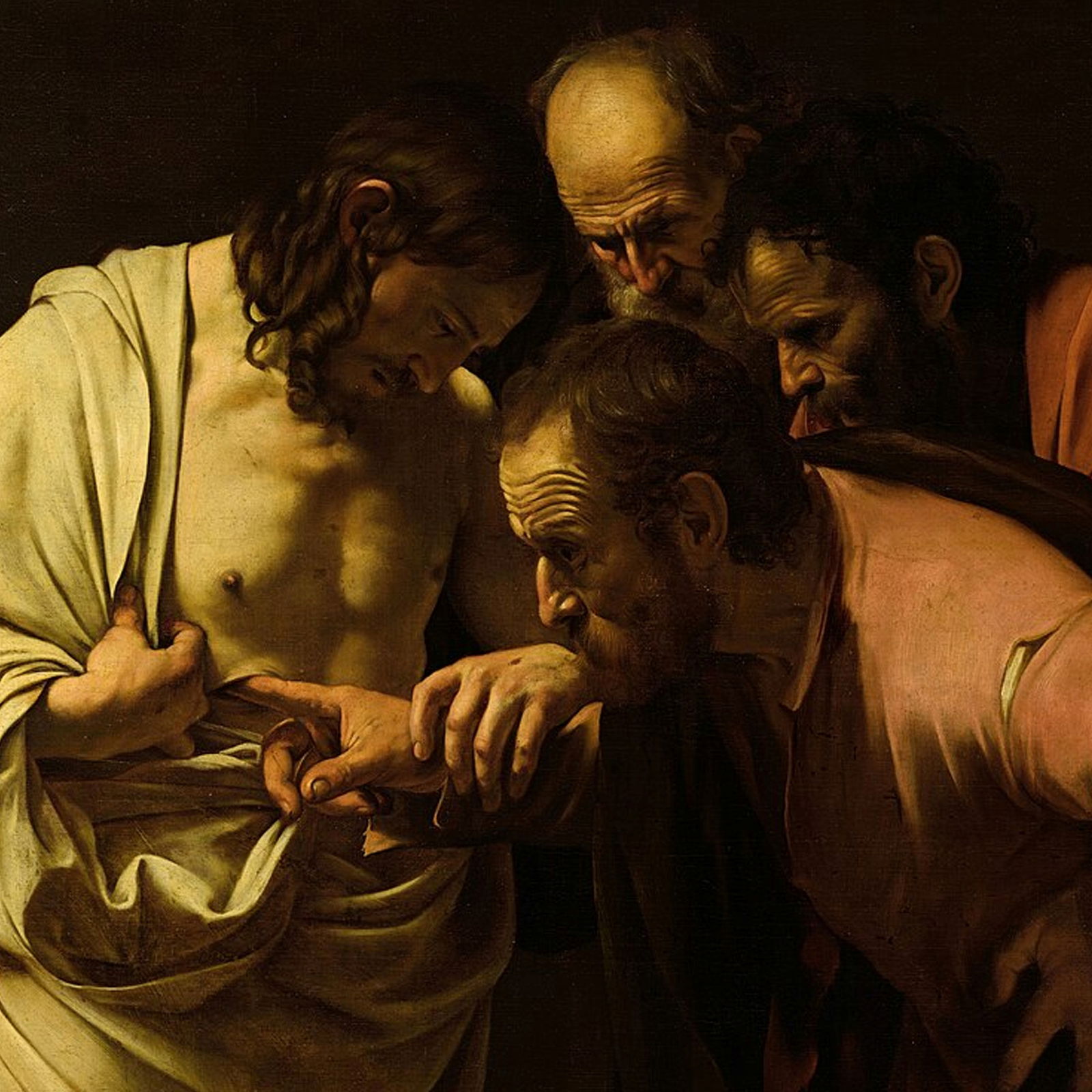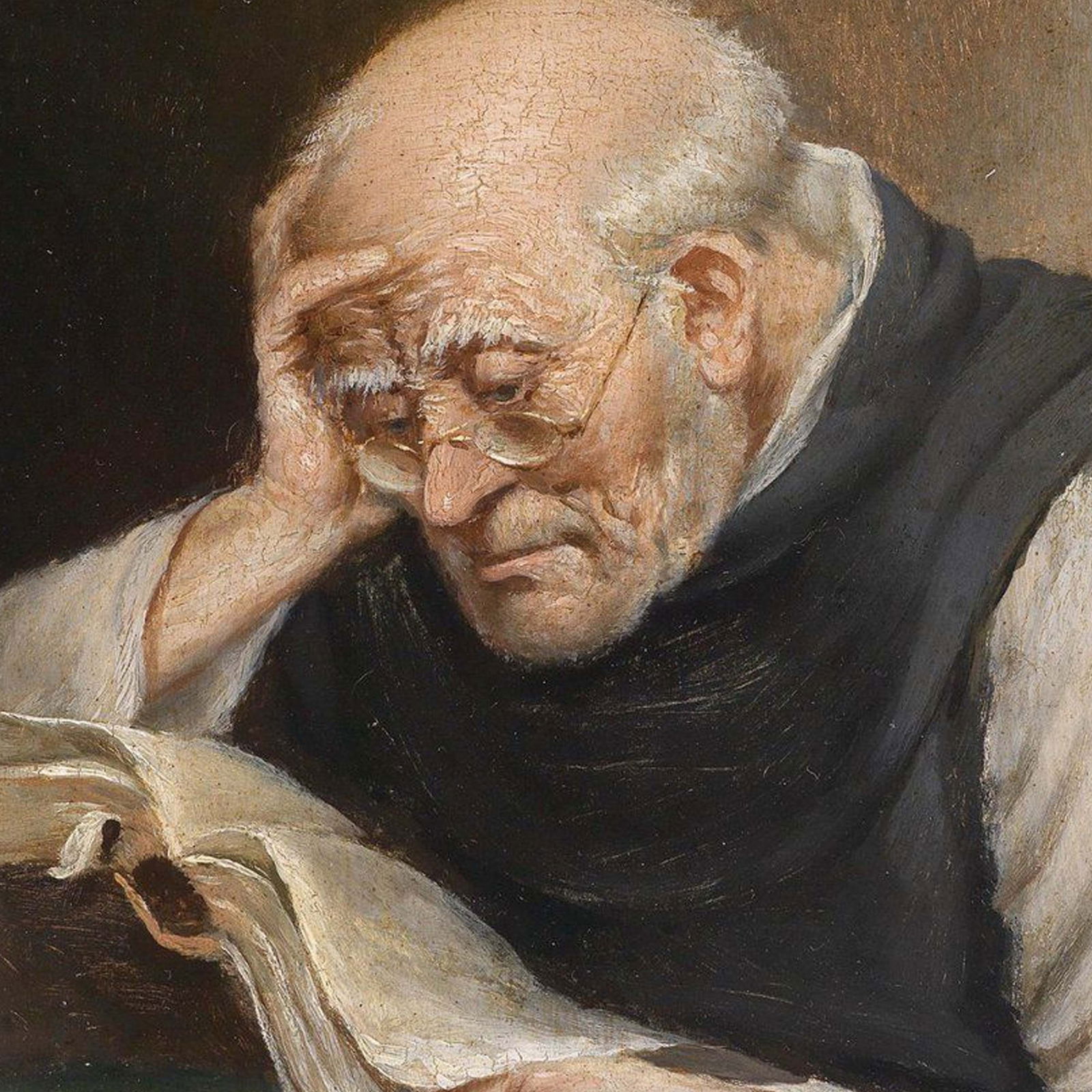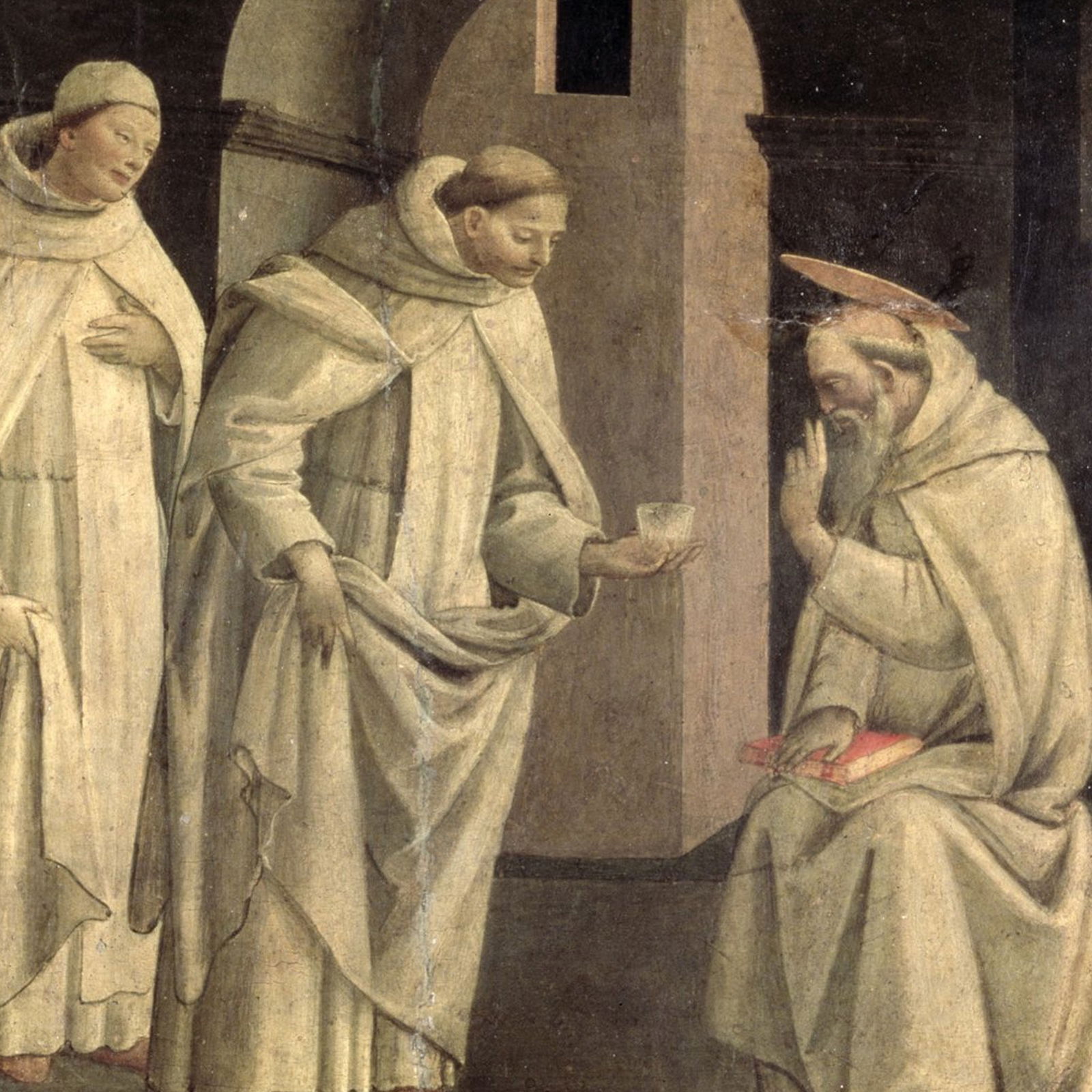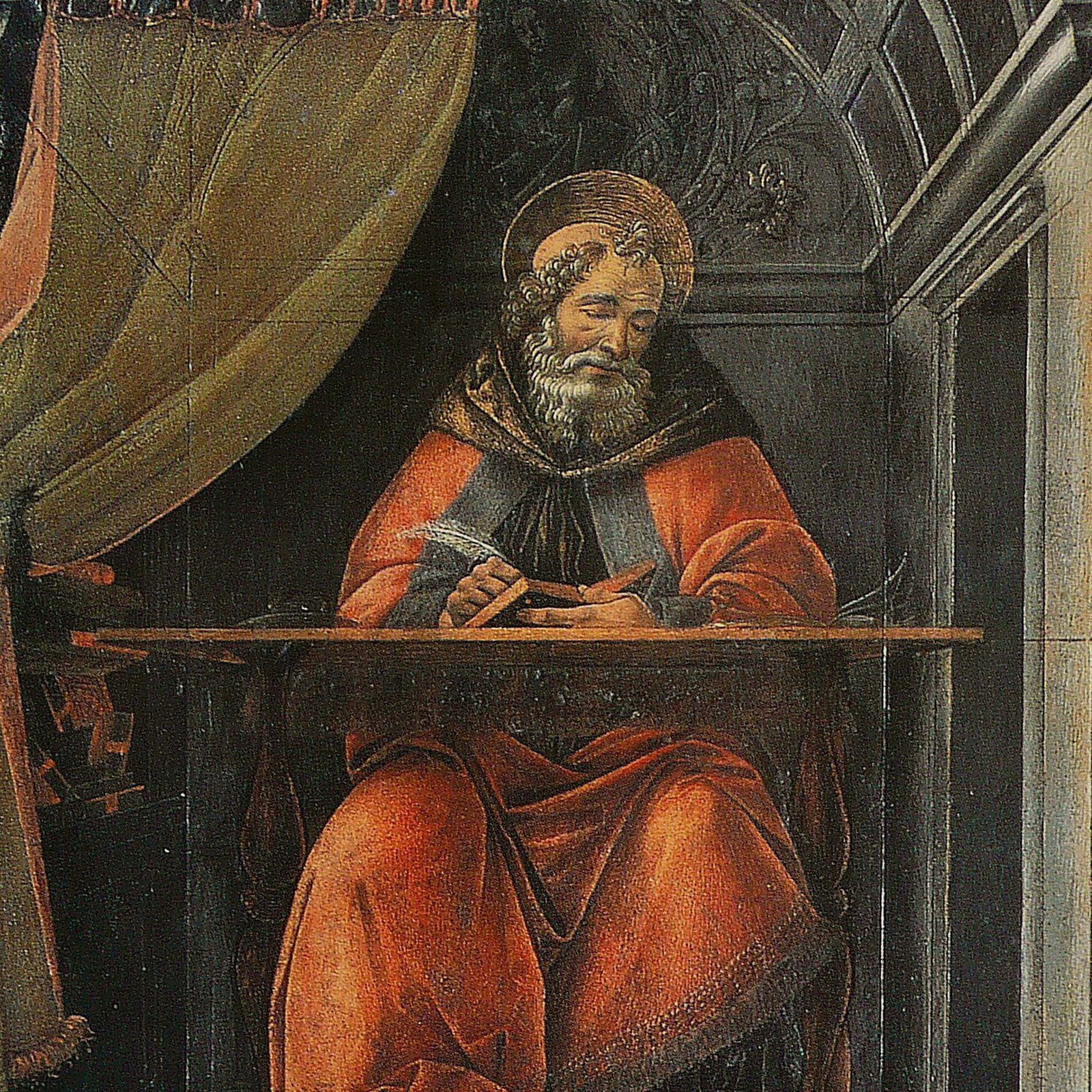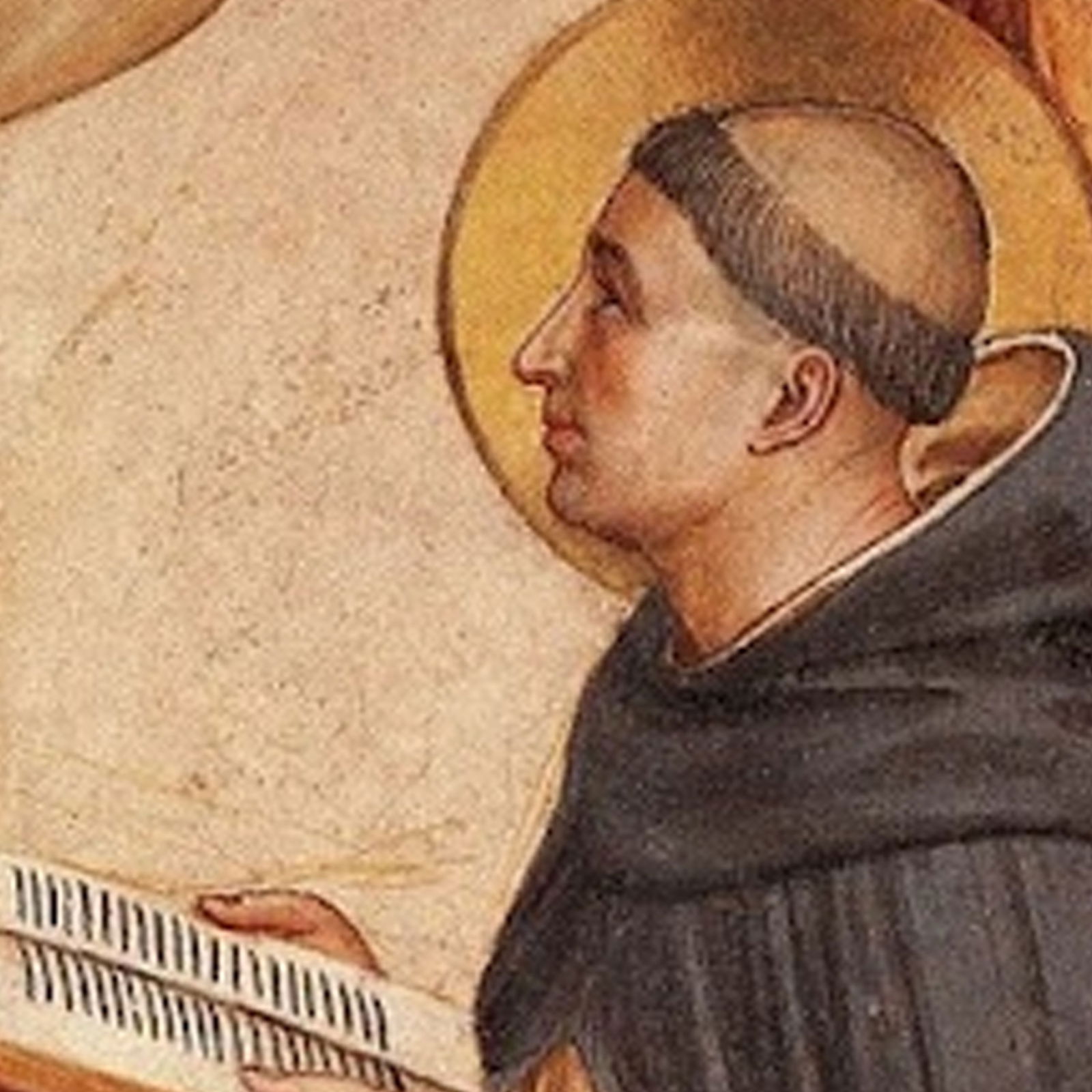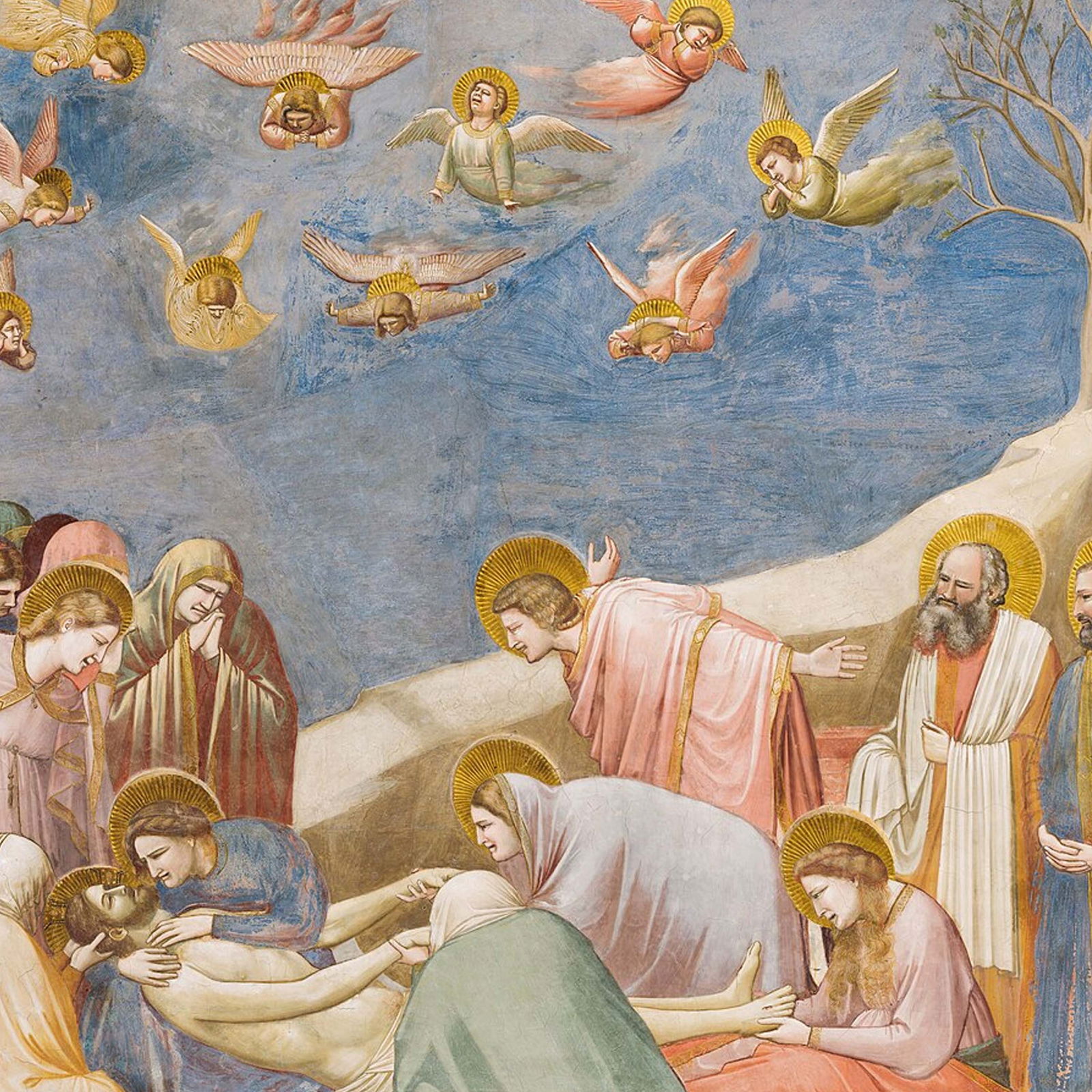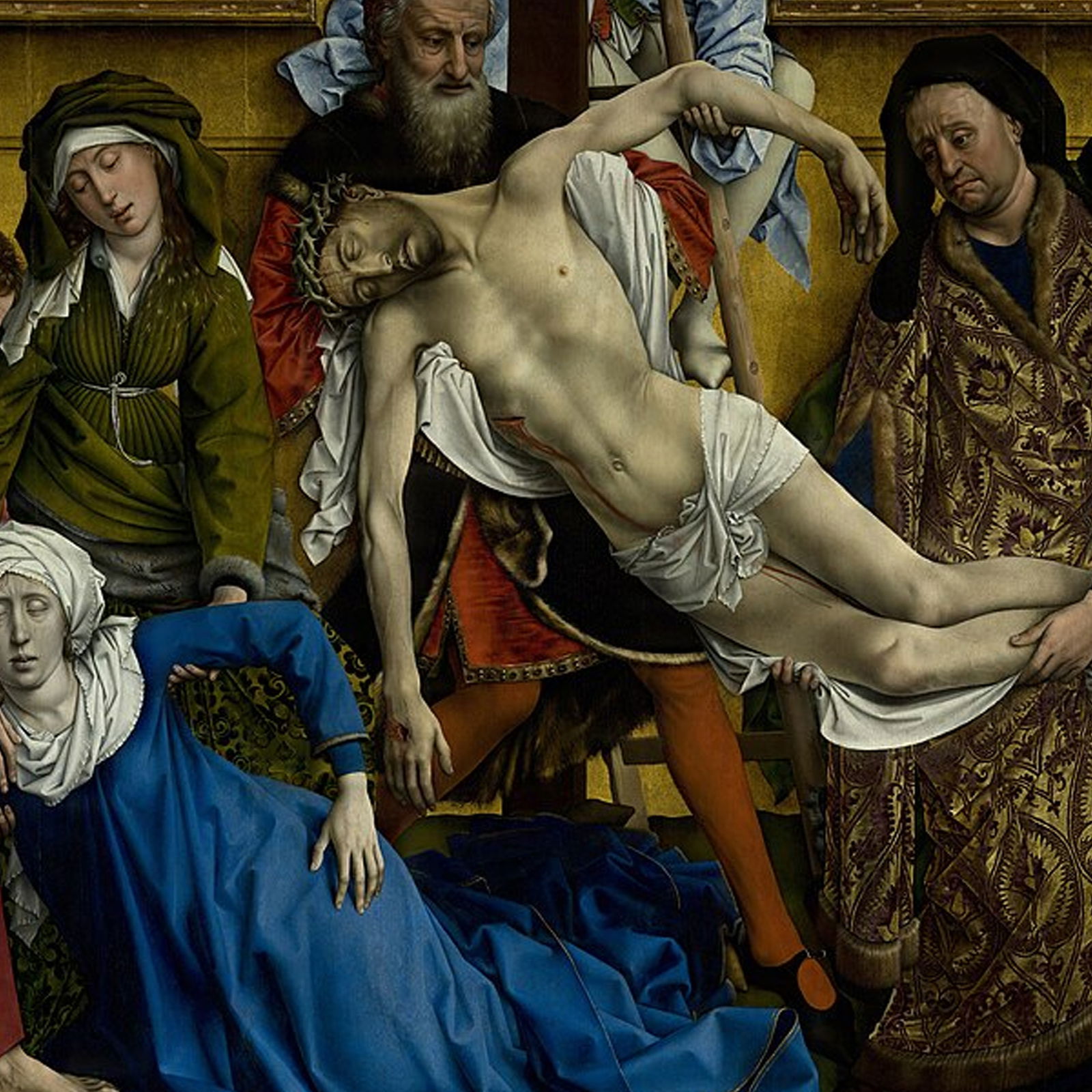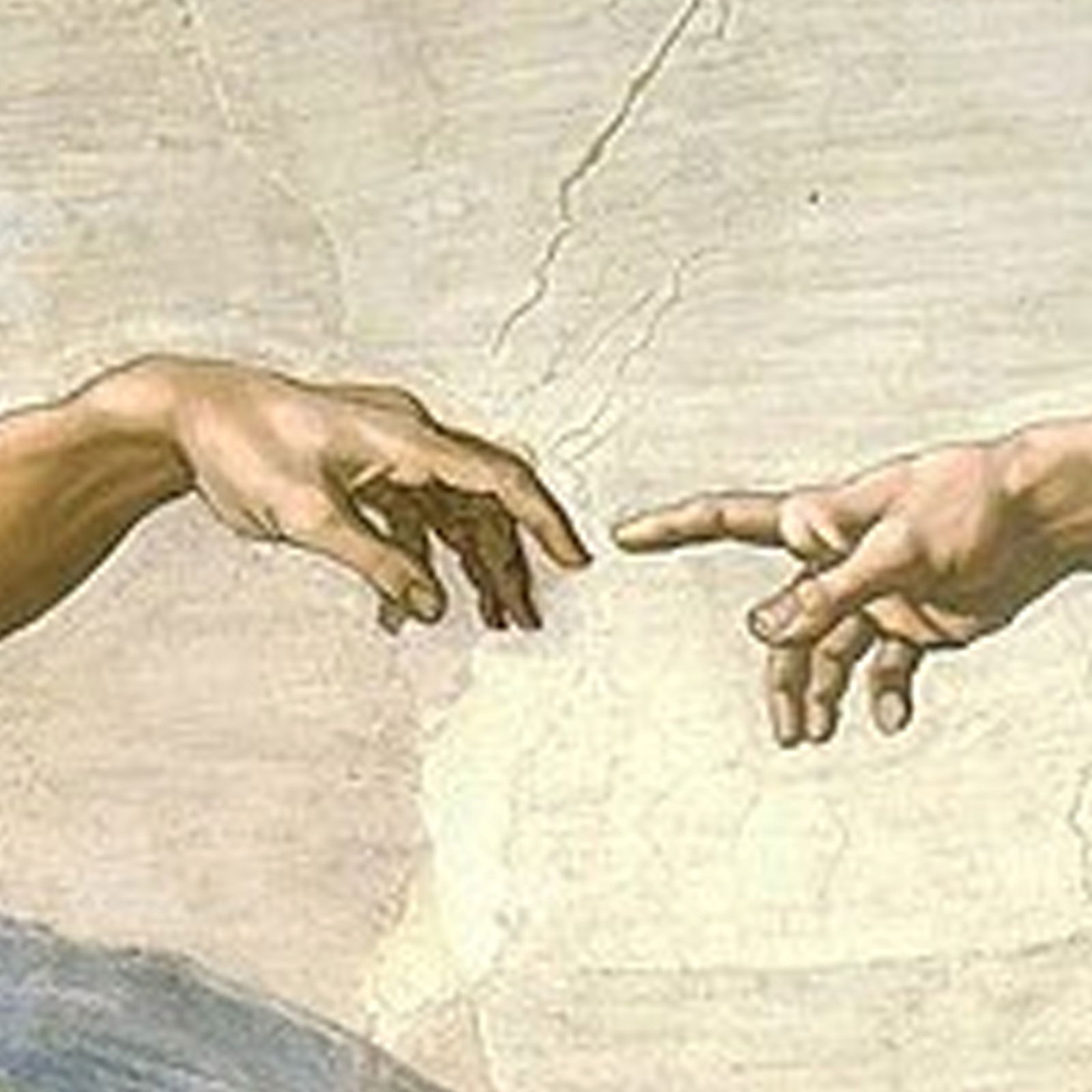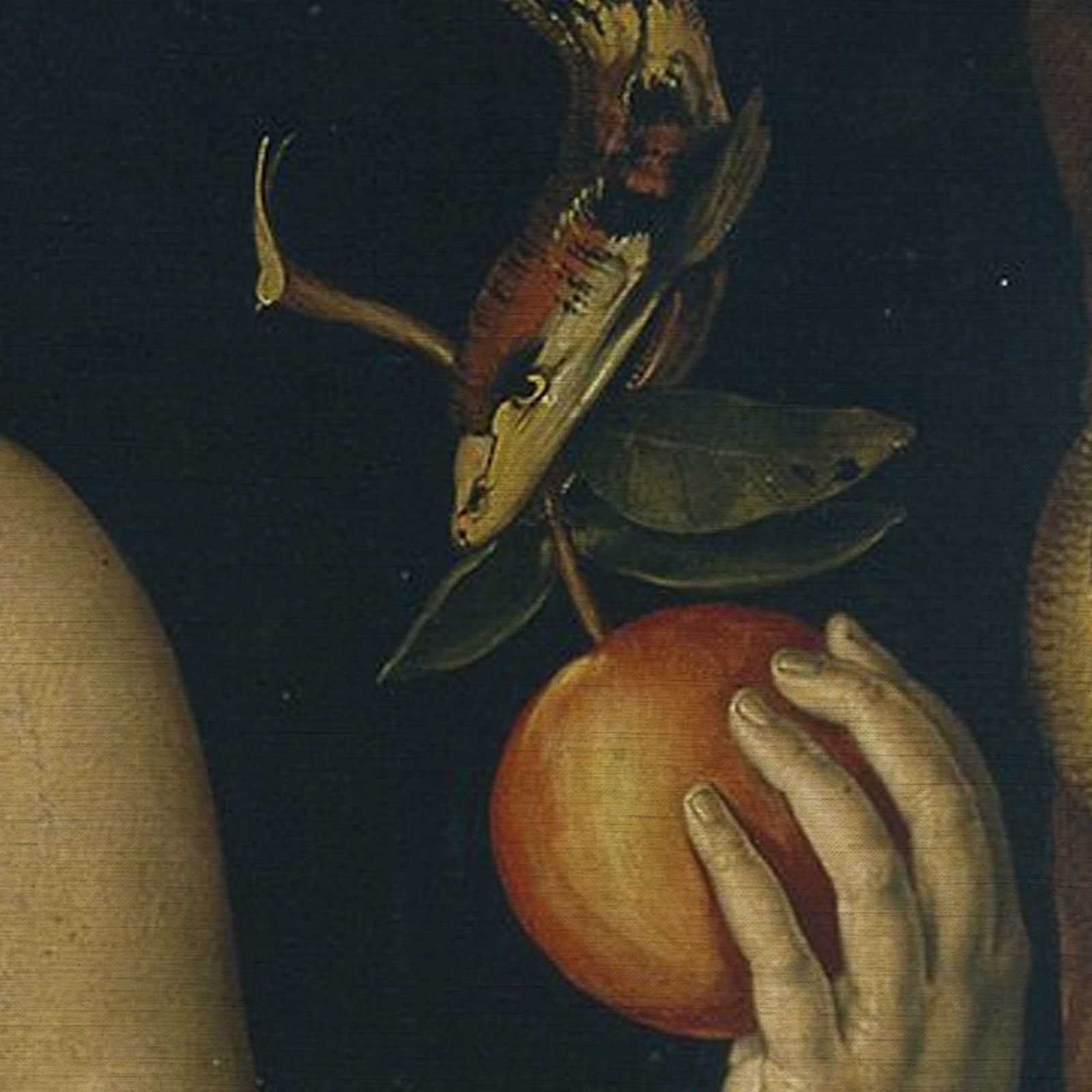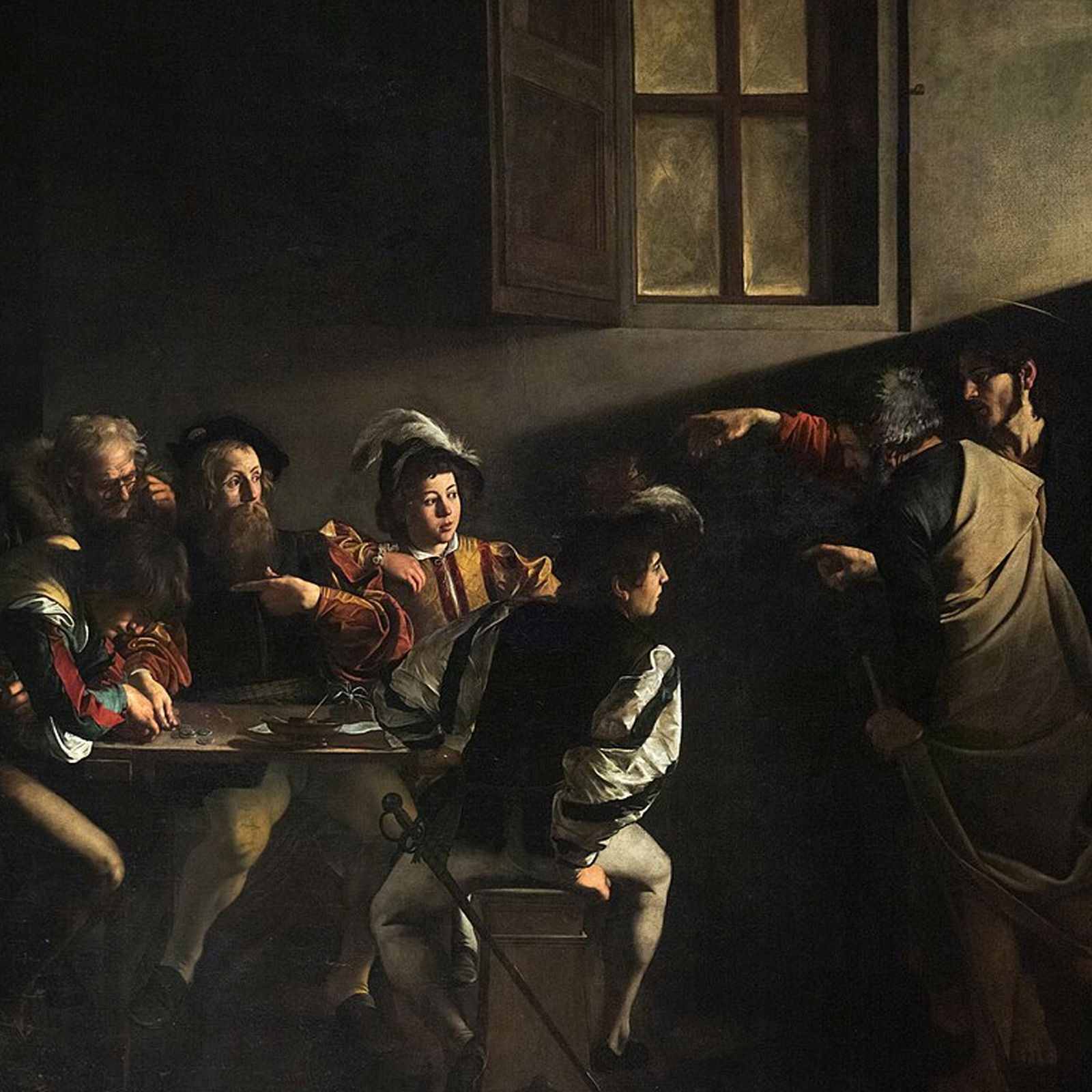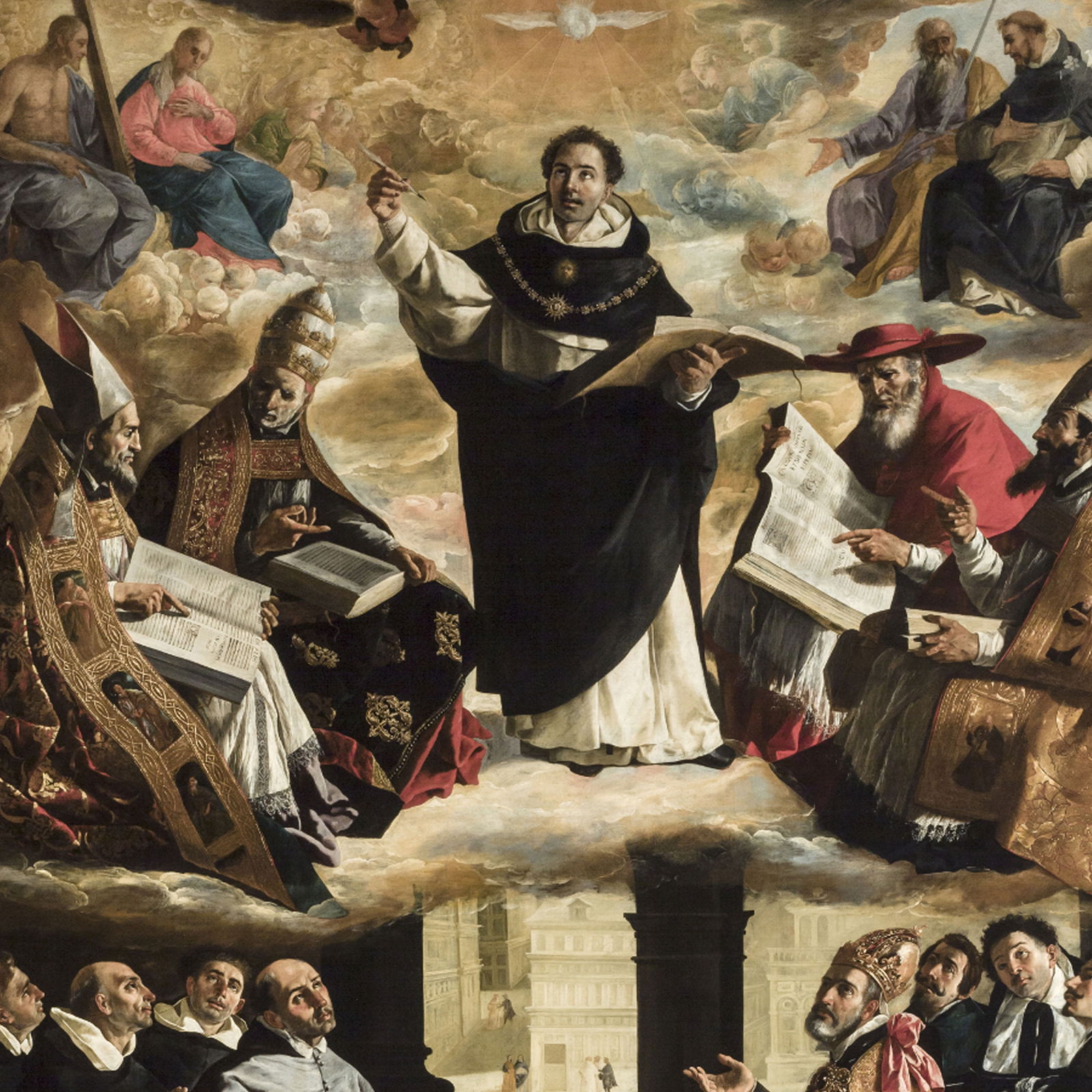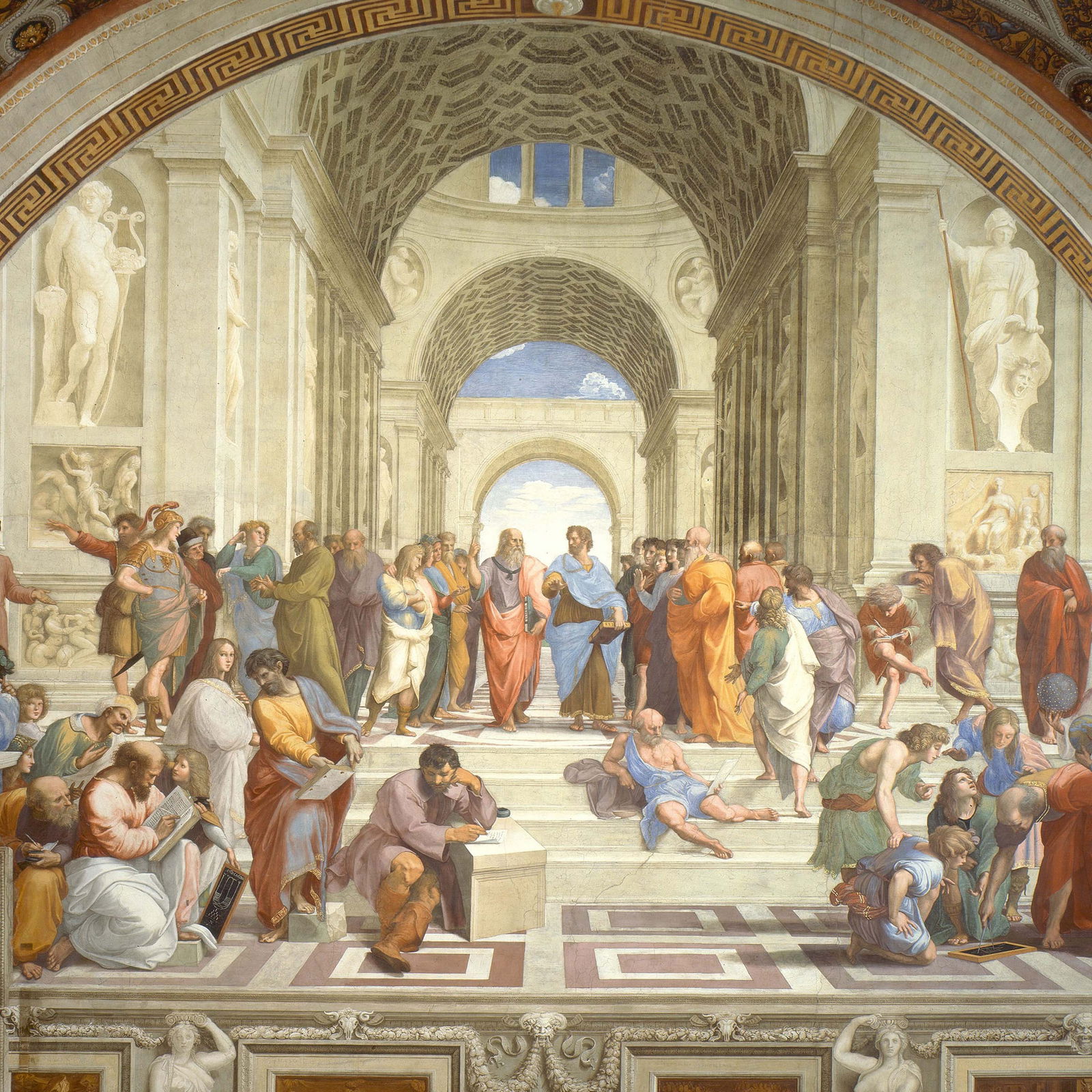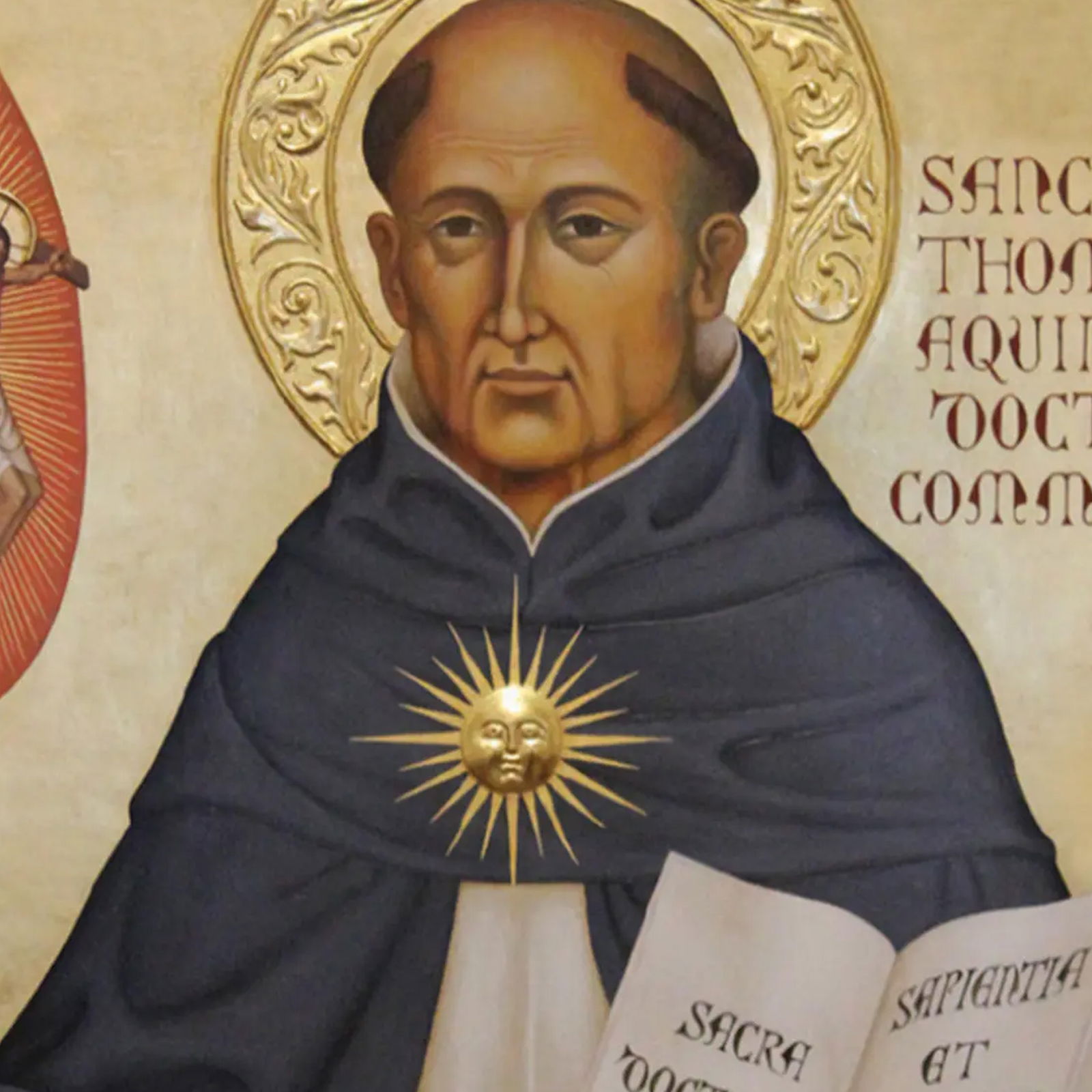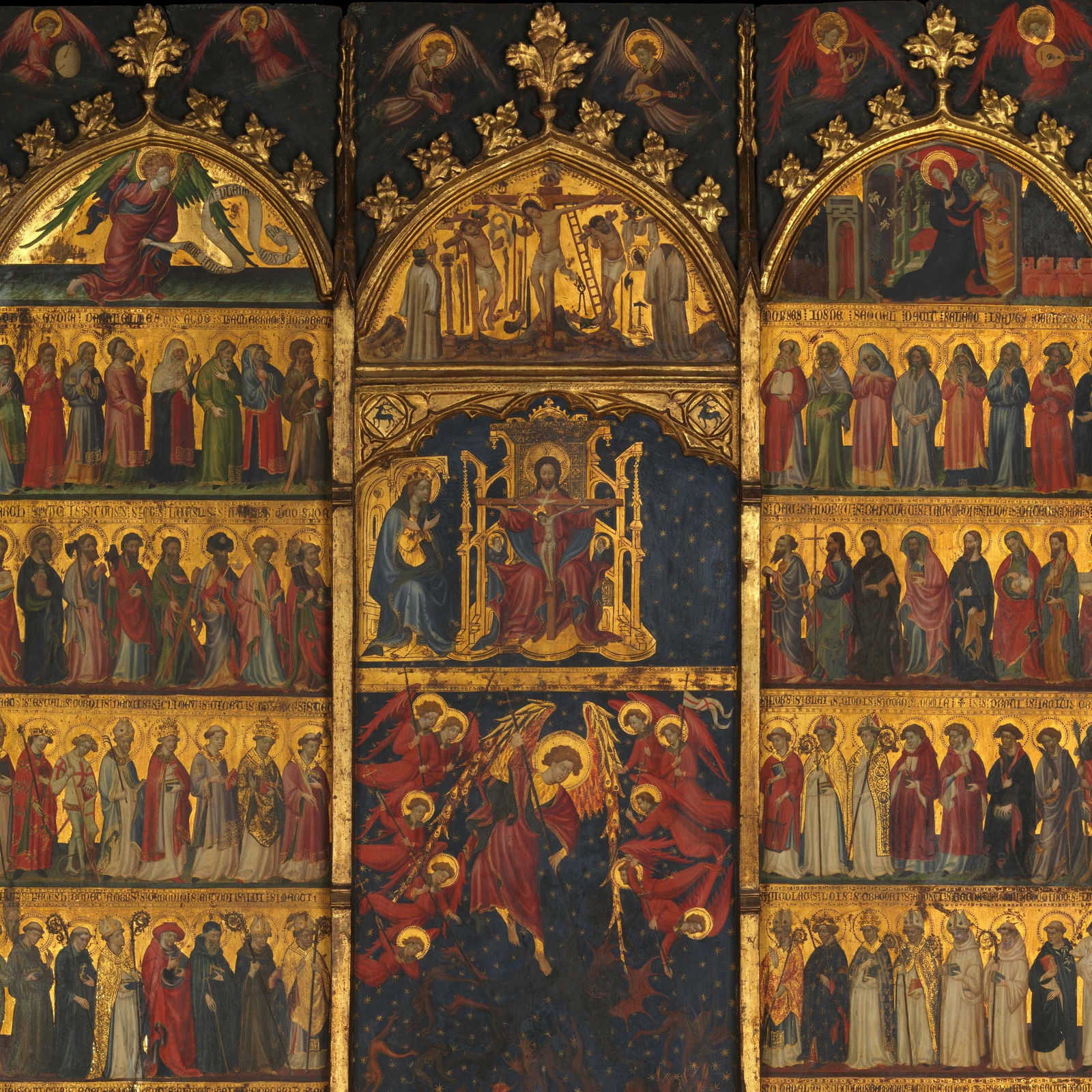Philosophy Episodes
Creation vs. Creationism – Fr. Dominic Legge, O.P.
Fr. Dominic Legge distinguishes the classical Catholic doctrine of creation from modern creationism by showing how a robust Thomistic account of God as the transcendent cause of all being avoids conflict with evolutionary science while deepening our understanding of what it means for the world to b…
What Contemporary Culture Needs to Learn from Thomas Aquinas – Prof. …
Prof. Michael Dauphinais explains what contemporary culture needs to learn from Thomas Aquinas, arguing for a metaphysics of communion in which God, family, Church, and society are not locked in competition but share common goods that make each more fully alive.
Flirting with Happiness: Aquinas on the Good Life – Fr. Alan O'Sulliv…
Fr. Alan O’Sullivan unpacks Aquinas on the good life, explaining why wealth, power, fame, and pleasure cannot be our ultimate happiness and how true beatitude is found in virtuous activity ordered to God.
Does God Exist? How Do I Know? The Five Ways of Aquinas – Fr. Irenaeu…
Fr. Irenaeus Dunlevy introduces Aquinas’ Five Ways, showing how arguments from motion, causality, contingency, gradation, and teleology lead from everyday experience to the rational conclusion that God exists as first mover, first cause, necessary being, supreme perfection, and intelligent governor.
John Paul II on the Value of Human Life and Euthanasia – Prof. Christ…
Prof. Christopher Tollefsen explains John Paul II on euthanasia, showing how the Pope’s vision of human life as a sacred gift, bearing God’s image and destined for eternal friendship with Him, rules out any claim to a right to kill oneself or others.
Understanding Anscombe’s Absolutism – Prof. Marshall Bierson
Prof. Marshall Bierson unpacks Elizabeth Anscombe’s moral absolutism, arguing that questions like “Why is it worse to kill one innocent person than to let five die?” rest on a grammatical confusion that obscures the absolute wrongness of intentionally killing the innocent.
Augustine and Aquinas Against Skepticism – Prof. Chad Pecknold
Prof. Chad Pecknold explains how Augustine and Aquinas argue against skepticism, defending metaphysical realism and the mind’s capacity to know truth as essential for genuine morality and for leading people to Christ, who is Truth itself.
The Issue of Free Will: Are We the Authors of Our Actions? – Prof. St…
Prof. Steven Jensen explores the issue of free will and moral responsibility, arguing that we are genuine authors of our actions only if our choices are self-determined and not merely the inevitable result of heredity, environment, or internal states shaped by outside forces.
If ChatGPT Exists, Why Study? – Fr. Chris Gault, O.P.
Fr. Chris Gault explores whether AI like ChatGPT should change how or why we study, showing that while machines can accelerate information processing, only human study forms our minds, virtues, and relationship to truth in a way that leads to real fulfillment.
Can a Machine Understand?: ChatGPT, Knowledge, and the Nature of Unde…
Prof. Tomás Bogardus asks whether a machine can truly understand by unpacking how large language models like ChatGPT function and arguing that genuine knowledge requires rational insight and responsibility to truth that go beyond statistical text prediction.
Does God Care About Suffering? – Dr. Christopher Mooney
Dr. Christopher Mooney asks "whether God really cares about our suffering" and uses biblical narratives, the significance of Christ’s tears, and philosophical responses to death in order to answer in the affirmative, ultimately showing that God can form a greater good from evil without making the e…
Is Suffering Good? – Sr. Elinor Gardner, O.P.
Sr. Elinor Gardner asks whether suffering can be called “good” by engaging Stoic thinkers like Seneca, modern echoes in Nietzsche, and biblical wisdom to show how God can use painful trials to heal and deepen the soul without glorifying evil itself.
The God of Love and the Reality of Evil and Suffering – Prof. Chris B…
Prof. Chris Baglow explores how the God of love can allow evil and suffering by showing that a world created for freedom and love—not as a deterministic machine—necessarily entails the risk of physical and moral evils, yet opens a deeper path of redemptive goodness.
Christ Fully Reveals Man to Himself: What Christ's Humanity Says abou…
Prof. Paul Gondreau explores how Christ’s concrete, fully human life uniquely “fully reveals man to himself,” showing that every human person and all of history are teleologically ordered to him as the final Adam and measure of authentic humanity.
Creation as Relation: An Existential Consideration – Dr. Robert McNam…
Dr. Robert McNamara explores how creation is not a distant event but our very act of existing here and now, so that each person’s being is itself a continuous relation of absolute dependence on God that can be freely understood, accepted, and joyfully affirmed.
Do We Make Morality, or Discover It? An Examination of the Basis of N…
Dr. Erik Dempsey explores whether we make morality or discover it by unpacking Aquinas’s three natural inclinations and arguing that they ground objective, inescapable moral obligations rather than mere social conventions.
Seeking Friendship in the Virtual Age – Prof. John Cuddeback
Prof. John Cuddeback reflects on why many students feel relationally unsatisfied in a hyper-connected world and shows how reclaiming embodied presence, intentional discernment of a few trustworthy friends, and technology-limited, silence-friendly communal spaces can restore the depth, vulnerability…
The Disappearing Man: Body, Soul, and the Question of Who We Are – Dr…
Dr. Paul LaPenna uses the dramatic case of a man in a coma from autoimmune brain disease to show that personal identity endures despite severe loss of abilities, arguing from neurology and Thomistic philosophy that a human person is a unified body–soul substance whose soul grounds changing traits o…
Why is Thomism so Fixated on Predestination? – Fr. Cajetan Cuddy, O.P.
Fr. Cajetan Cuddy explains that Thomism is “fixated” on predestination because this doctrine lies at the speculative and practical center of the Thomistic vision of reality, uniting its key philosophical principles and theological convictions about God, creation, grace, and salvation in a single, c…
What is predestination? – Fr. Dominic Legge, O.P.
Fr. Dominic Legge explains predestination as a profoundly hopeful Catholic doctrine rooted in God’s eternal, loving plan to give grace and lead rational creatures freely to the supernatural end of the beatific vision, drawing especially on Saint Thomas Aquinas and Saint Augustine.
Does Nature Make Laws? – Prof. Raymond Hain
Prof. Raymond Hain examines whether nature “makes” laws by exploring classical and contemporary accounts of natural law, arguing that human moral norms arise from our rational participation in the ordered structure of life and the universe as understood in both philosophy and Catholic thought.
'The greatest of all God's works': Justification in Catholic Theology…
Prof. Matthew Thomas explains why justification—God’s transformative act of making sinners righteous in Christ by grace through faith and incorporation into the Church—is, for Aquinas, greater even than creation, and explores how Catholic teaching on faith, works, and grace can address Reformation-…
Can Divine Providence Be Known Through Natural Reason? The Classics' …
Prof. Carlos A. Casanova argues that a properly understood Aristotelian–Platonic metaphysics of form, final causality, and nature allows human reason, without biblical revelation, to infer a governing divine intellect that orders the cosmos and human history in a providential way.
Is Free Will an Illusion? – Prof. Joshua Hochschild
Prof. Joshua Hochschild argues that free will is not an illusion but a real, rational power by which human beings participate in God’s causality, and that the supposed “problem of free will” arises from a reductive modern picture of causation and human nature rather than from the classical Aristote…
